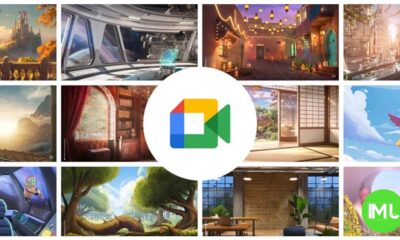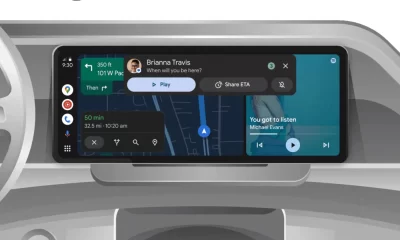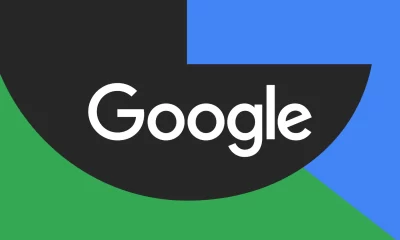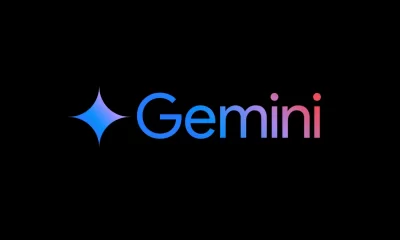Google enhances Play Store and Gemini for a smarter user experience introduction
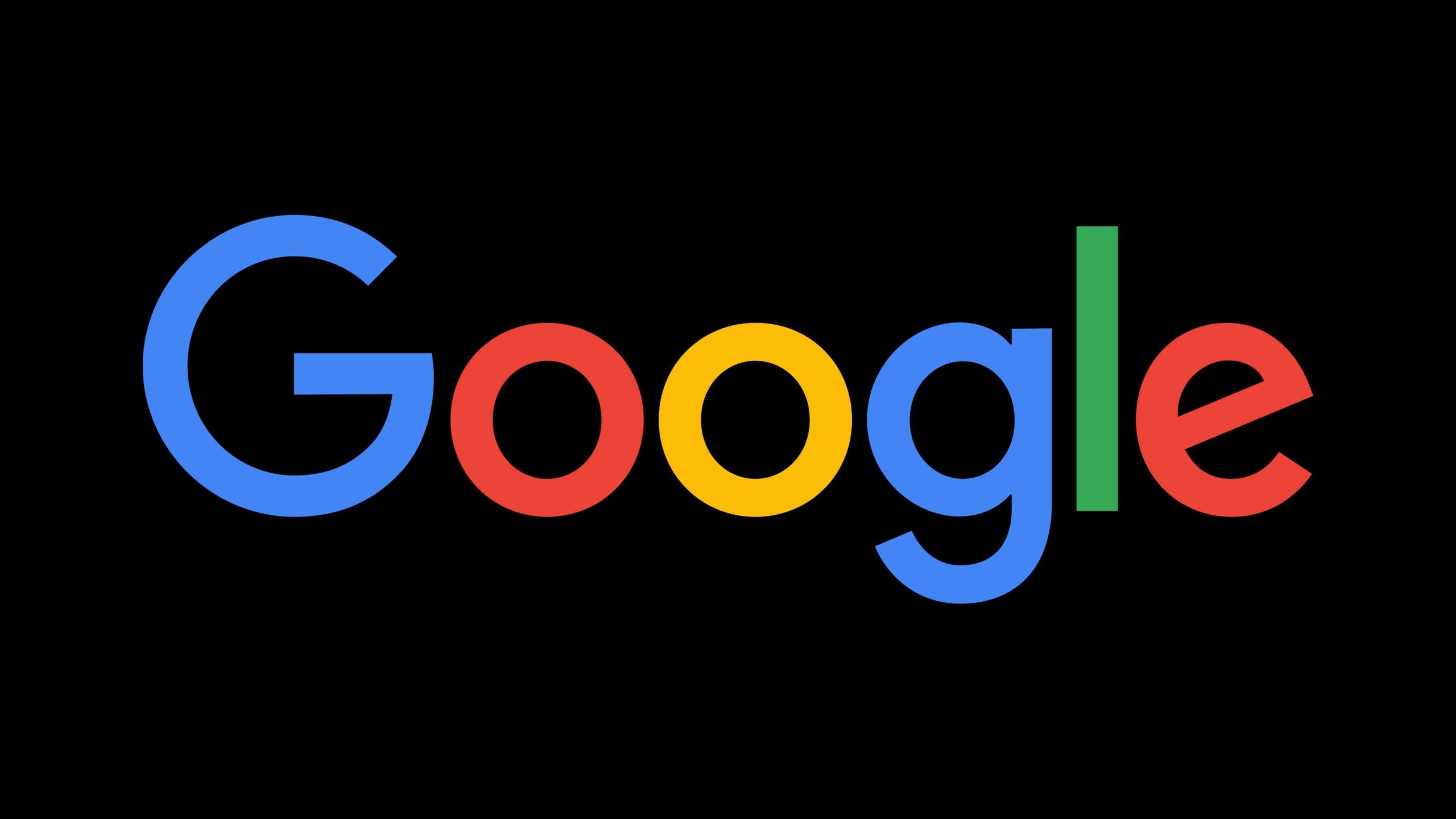
The Google Play Store is home to millions of apps, but not all of them deliver a good experience. In parallel, Google continues refining its AI-powered Gemini assistant to streamline interactions. Both efforts aim to improve usability and help users make better choices while using Google services. Let’s explore these updates and what they mean for users.
Play Store: Identifying Low-Quality Apps Before You Download
Google is testing a new feature in the Play Store to help users avoid low-quality apps. In version 43.7.19-31 of the Play Store, certain warning messages might appear on app detail pages to alert users about apps that don’t perform well. These include:
- Frequent Uninstalls: Alerts when an app is uninstalled more often than similar apps.
- Limited User Data: Warns if Google has insufficient data to assess the app’s quality.
- Few Active Users: Flags apps with a significantly smaller user base compared to alternatives.
These messages will appear discreetly on the app’s page instead of interrupting downloads with pop-ups. This approach prevents false alarms for niche or purpose-driven apps that may still offer value despite limited usage.
Why It Matters
- Better Informed Choices: Users can decide if an app is worth downloading, especially those with slower internet or limited mobile data plans.
- Enhanced Trust: Warnings can help users avoid poorly developed apps, creating a safer ecosystem.
- Support for Non-Tech-Savvy Users: People unfamiliar with app quality metrics get a handy guide to make better decisions.
While this feature is still under development, it promises to improve the Play Store experience by steering users away from “crappy apps” without penalizing niche developers unfairly.
Google Gemini: Streamlining AI-Driven Assistant Interactions
Google’s Gemini AI is replacing traditional Google Assistant with advanced capabilities. However, its rapid development has created a somewhat cluttered interface, which Google is now addressing.
Current State of Gemini
Currently, Gemini provides multiple menus for interacting with responses. These include:
- Long Press Menu: Options like Export to Docs or Create Public Link.
- Three-Dot Menu: Tools for Select Text, Modify Response, and more.
- Bottom Row Options: Buttons for rating the response.
This spread of options across multiple menus can confuse users, making it harder to quickly find the desired feature.
Upcoming Improvements
In a future update (spotted in version 15.46.36 of the Google app), Google plans to consolidate these options into a single, unified menu. This menu will include all interaction tools like exporting, modifying responses, creating public links, and rating responses.
Benefits of Centralized Menus
- Simplified Interaction: Reduces the cognitive load of remembering which menu holds a specific option.
- Faster Access: Users can quickly access all tools from one place, improving efficiency.
- Enhanced Usability: Streamlining the interface makes Gemini more approachable for all users.
Currently, this improvement isn’t live, but its introduction will likely make the Gemini experience more seamless and user-friendly.
Conclusion
Google’s efforts to refine the Play Store and Gemini demonstrate its commitment to enhancing user experiences. The Play Store’s warnings about low-quality apps will save users time and data, while the Gemini overhaul will simplify AI interactions. Together, these updates reflect Google’s push to create smarter, more intuitive digital ecosystems.
Stay tuned for more updates as these features roll out and improve how we interact with Google’s vast services.
Google Meet gets a fresh new look with Material 3 design
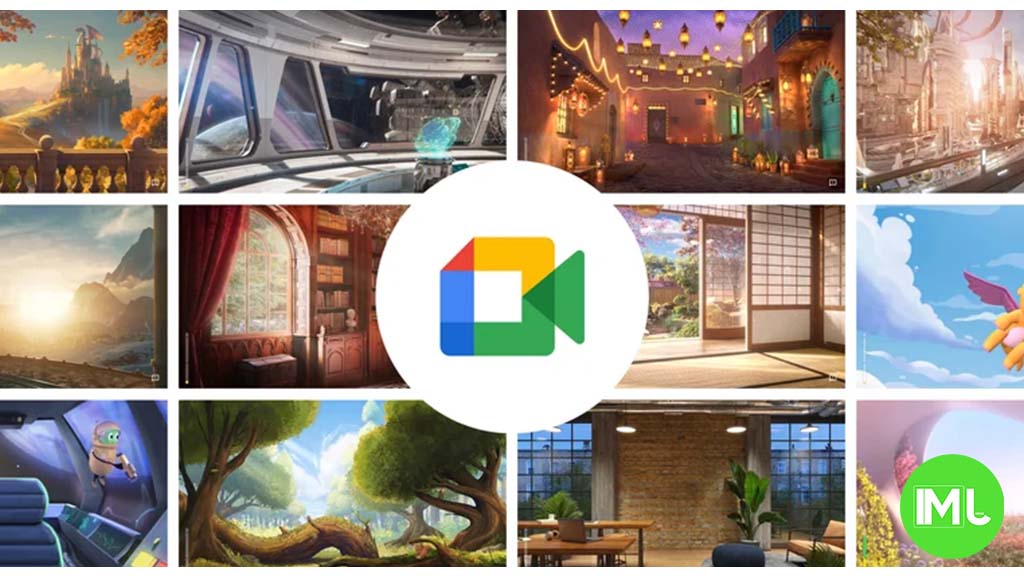
Google Meet is getting a big update to its look, thanks to the new Material 3 design. This change brings a cleaner and more modern style to the video calling app, making it easier and more enjoyable to use.
With Material 3, Google Meet now has rounder buttons, softer colors, and better spacing between elements. The main controls, like the microphone, camera, and end call buttons, are now larger and easier to tap. The icons and text are also clearer, which helps users find what they need quickly during a call.
Another improvement is the new “expressive” color system. This feature lets the app’s colors match your device’s wallpaper or theme, giving each user a unique and personalized experience. The changes also make Google Meet more accessible, as the new design is easier to read and use for everyone, including people with vision difficulties.
These updates are rolling out to both web and mobile versions of Google Meet. Google says the new look will help people feel more comfortable and focused during their meetings. Overall, the Material 3 update makes Google Meet not only look better but also work better for all its users.
Android
Easy ways to change Android Auto’s look with light and dark themes
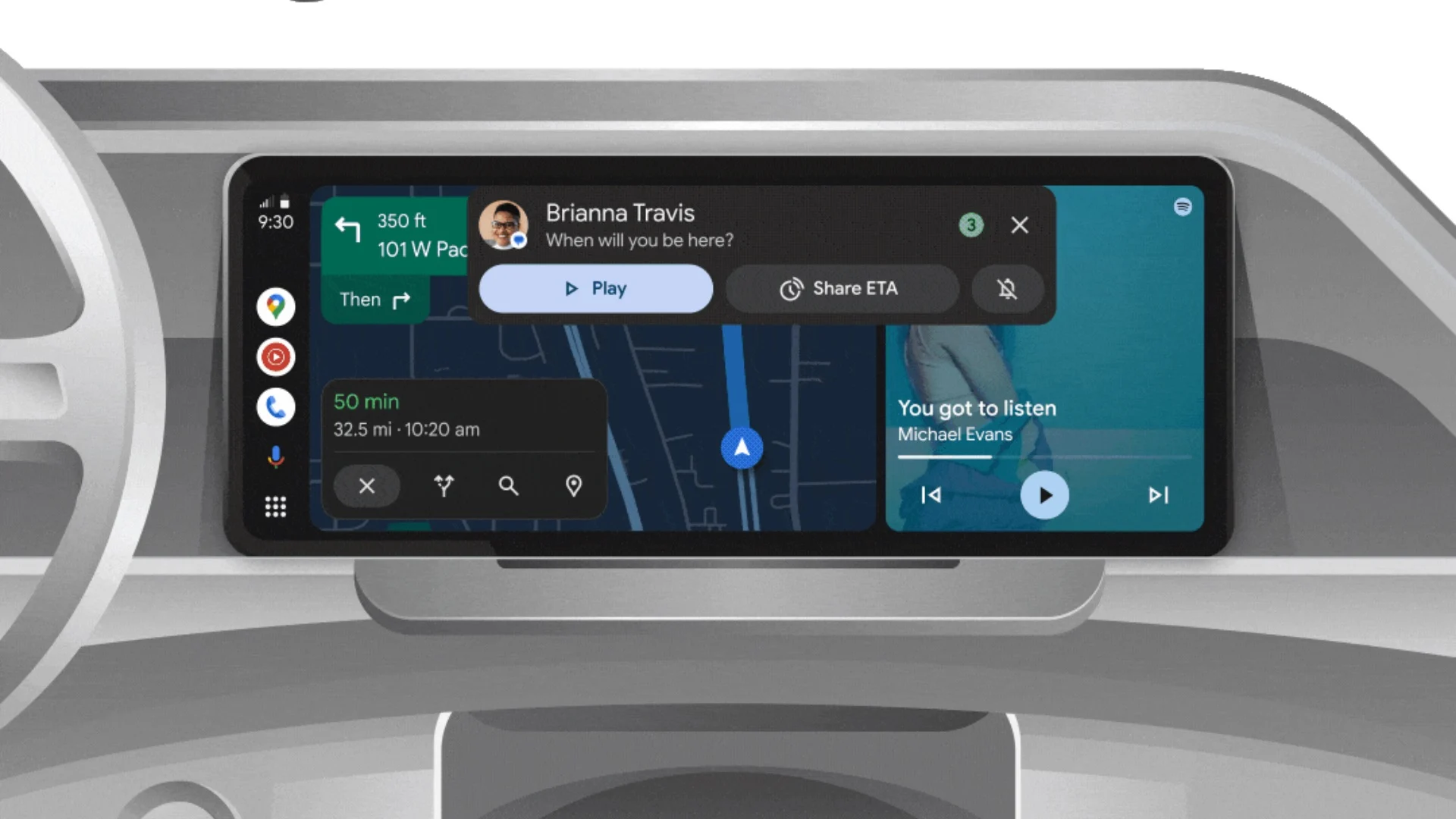
Android Auto is a helpful tool that lets you use your phone’s apps safely while driving. It connects your phone to your car’s screen, making it easier to use maps, music, and calls. One of the features many people like is the ability to change how Android Auto looks by switching between light and dark themes.
How to switch between light and dark themes
Android Auto offers two main themes: light and dark. The light theme uses brighter colors, which can make the screen easier to see during the day. The dark theme uses darker colors, which can be more comfortable for your eyes at night or in low light.
To change the theme, follow these steps:
- Open the Android Auto app on your phone.
- Go to the settings menu.
- Find the “Theme” option.
- Choose between “Light,” “Dark,” or “Set by car” (this lets your car decide the theme based on the time of day or your car’s settings).
Why themes matter
Using the right theme can make driving safer and more comfortable. The light theme is good for bright days, while the dark theme helps reduce glare at night. Having these options means you can pick what works best for you, making Android Auto easier to use in any condition.
In short, Android Auto’s theme options are simple to use and help you drive more safely by making the screen easy to see, no matter the time of day.
Google Drive and Files by Google get fresh updates for easier use

Google is rolling out some helpful updates to two of its popular apps: Google Drive and Files by Google. These changes are designed to make managing your files and watching videos much smoother.
First, Google Drive is getting a new video player. Now, when you upload a video to Drive and open it, you’ll notice a fresh look that matches Google’s latest design style. The controls, like play and pause, are easier to use and look cleaner. This update makes it simpler to watch videos directly in Drive without needing to download them first.
Meanwhile, the Files by Google app is also getting a makeover. The app is adopting Google’s Material 3 design, which means it looks brighter and more modern. The buttons and menus are easier to see and use, making it simpler to find, move, and organize your files. There are also new color options and improved icons, so everything feels more user-friendly.
Both updates show Google’s commitment to making its apps more helpful and enjoyable to use. Whether you’re watching videos in Drive or sorting files on your phone, these changes aim to save you time and make things less complicated. If you use these apps, keep an eye out for these new features—they should arrive soon!
-
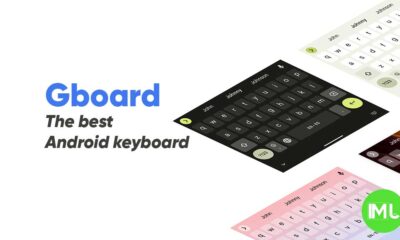
 Apps1 year ago
Apps1 year agoGboard Proofread feature will support selected text
-

 News1 year ago
News1 year agoSamsung USA crafting One UI 6.1.1
-

 Apps12 months ago
Apps12 months agoGoogle Contacts app testing new Besties Widget
-
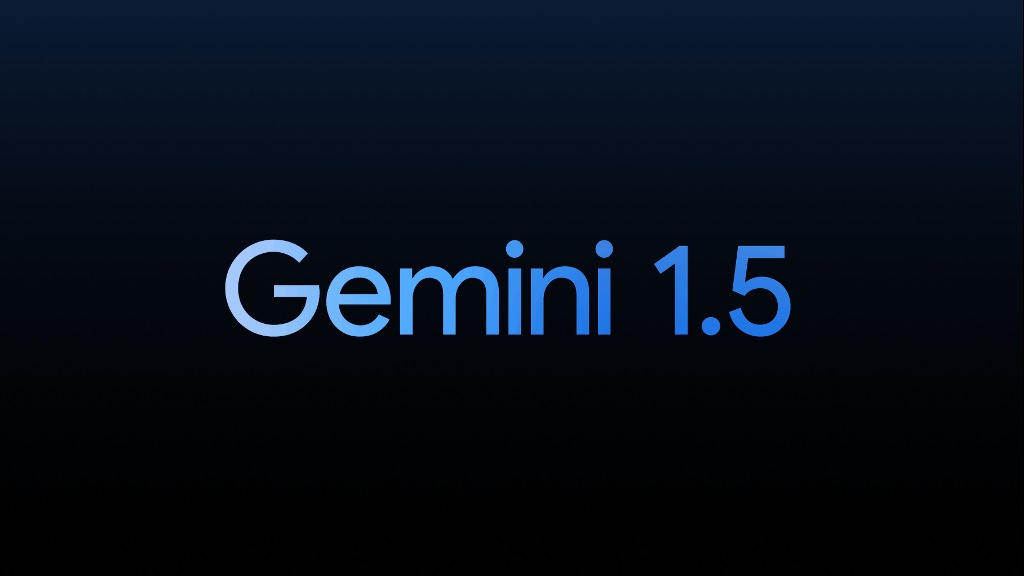
 AI12 months ago
AI12 months agoGoogle Pixel 9 Pro may come with a complimentary one-year Gemini Advanced subscription
-

 News1 year ago
News1 year agoBreaking: Samsung Galaxy S22 may get Galaxy AI features
-
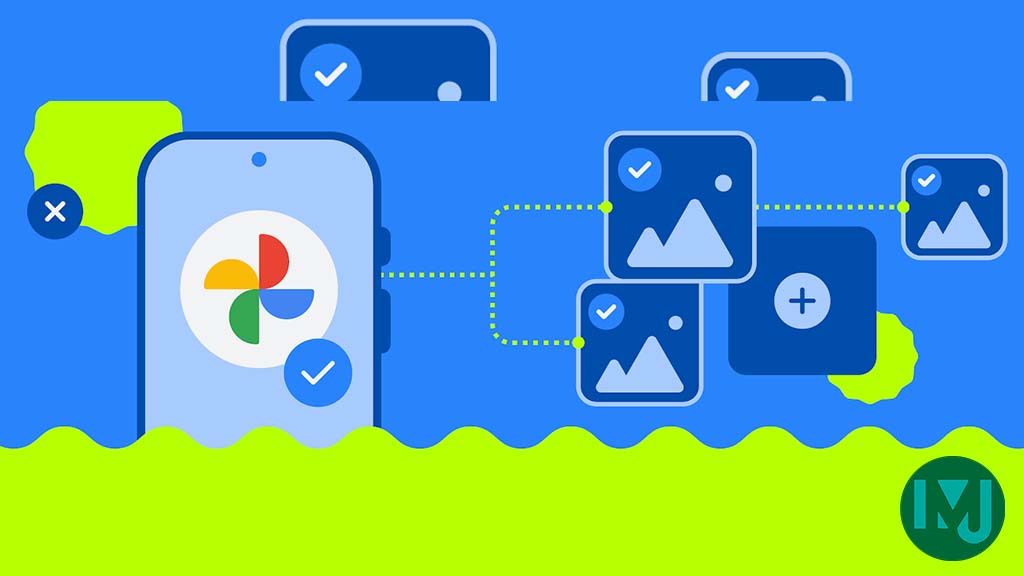
 Apps12 months ago
Apps12 months agoGoogle working on a new video editing feature for its Photo app
-
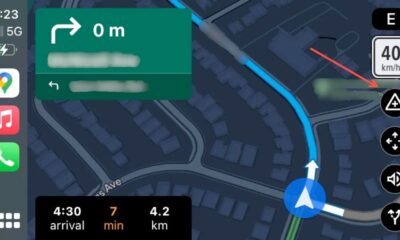
 Apps12 months ago
Apps12 months agoGoogle Maps lets you report traffic jams and accidents on Apple CarPlay, but not on Android Auto
-

 Apps12 months ago
Apps12 months agoGoogle Messages app will transform MMS chats into RCS

